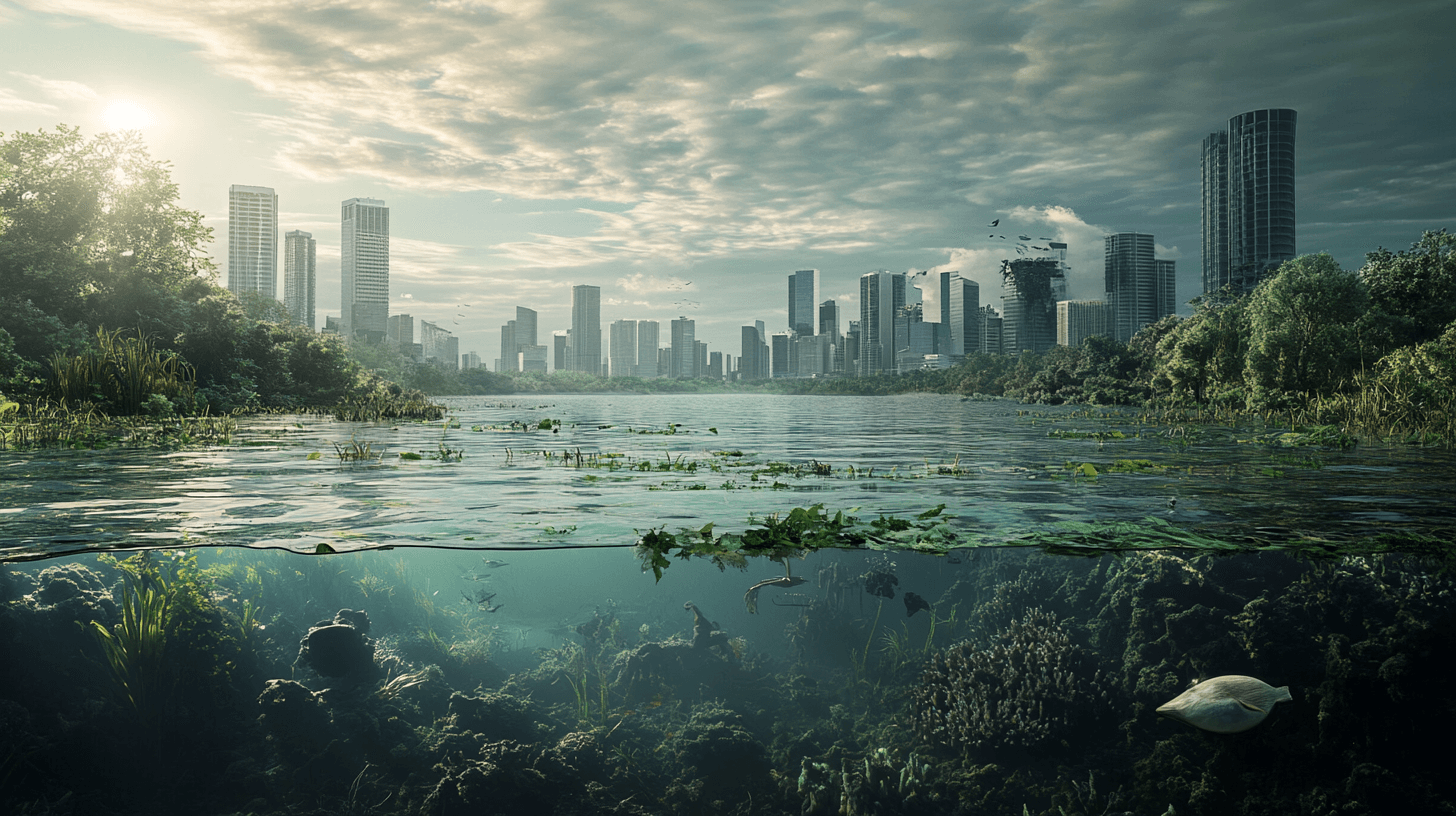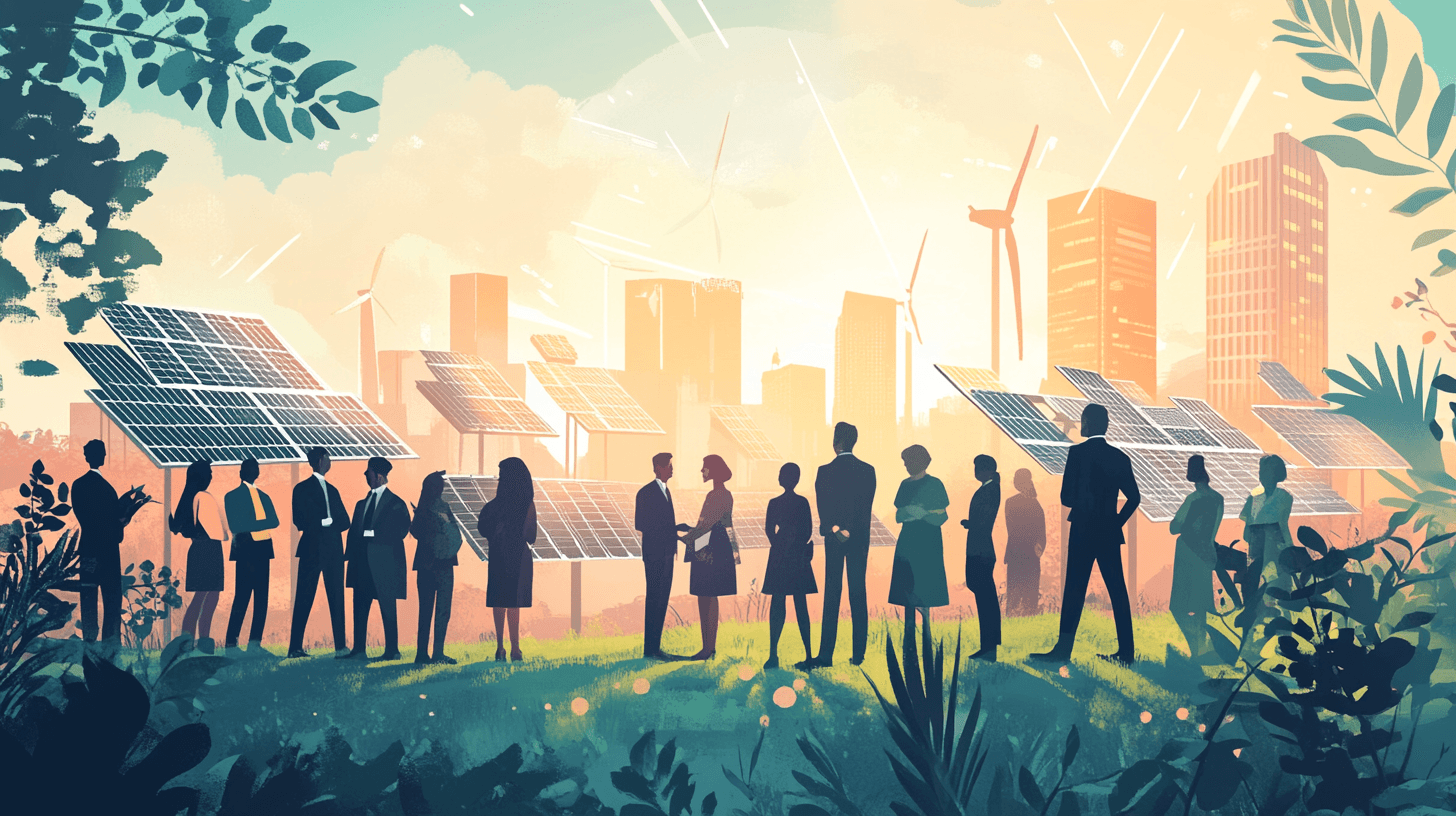Introduction
As we embark on the journey of 2024, the pervasive issue of single-use plastic continues to cast a shadow over our planet. Despite increased awareness and efforts to curb plastic pollution, the challenges persist, impacting ecosystems, wildlife, and human health. This article delves into the main issues surrounding single-use plastic in 2024, shedding light on the causes and potential solutions.
Exponential Plastic Production and Consumption
One of the primary issues in 2024 is the relentless production and consumption of single-use plastic. The convenience and affordability of these items have led to an exponential increase in their use, contributing to the global plastic crisis. From disposable packaging to single-use utensils, the sheer volume of plastic being produced and discarded pose a significant threat to the environment (Jambeck et al., 2015).
Plastic Pollution and Marine Ecosystems
The world's oceans bear the brunt of our plastic addiction. Despite increased awareness campaigns, vast amounts of plastic waste find their way into marine ecosystems, wreaking havoc on marine life. From entanglement in plastic debris to ingestion, marine species suffer the consequences. The persistence of plastic in the oceans raises concerns about long-term ecological impacts and the potential transfer of harmful chemicals through the food chain (Lebreton et al., 2018).
Microplastics and Human Health Concerns
In 2024, the proliferation of microplastics represents a growing concern. These tiny particles, often invisible to the naked eye, result from the breakdown of larger plastic items or are intentionally manufactured in products like personal care items. Microplastics have infiltrated water sources, air, and even the food we consume, raising serious questions about their impact on human health. Research suggests potential links to various health issues, although more studies are needed to fully understand the extent of these risks (Wright and Kelly, 2017).
Limited Recycling Infrastructure and Practices
Despite the emphasis on recycling, inadequate infrastructure and inconsistent recycling practices contribute to the single-use plastic dilemma. Many types of plastic are challenging to recycle, and a considerable portion ends up in landfills or incineration facilities. The lack of standardized recycling systems globally exacerbates the problem, making it difficult to manage and reduce the environmental footprint of plastic waste (Geyer et al., 2017).
Consumer Behavior and Industry Practices
Addressing the single-use plastic issue requires a multifaceted approach, including changes in consumer behavior and industry practices. While consumers increasingly demand sustainable alternatives, industries must embrace eco-friendly packaging options and reduce unnecessary plastic packaging. Collaborative efforts between consumers, businesses, and policymakers are essential to drive the necessary changes in production, consumption, and waste management (Borrelle et al., 2021).
Conclusion
In 2024, the battle against single-use plastic rages on, necessitating urgent and concerted action. From the challenges of plastic production to the far-reaching consequences on marine ecosystems and human health, the issues surrounding single-use plastic demand our attention and commitment to sustainable solutions. By fostering a global mindset shift and implementing comprehensive strategies, we can hope to navigate the sea of single-use plastic and secure a cleaner, healthier future for our planet.
References:
- Jambeck, J. R., et al. (2015). Plastic waste inputs from land into the ocean. Science, 347(6223), 768-771.
- Lebreton, L. C., et al. (2018). Evidence that the Great Pacific Garbage Patch is rapidly accumulating plastic. Scientific Reports, 8(1), 4666.
- Wright, S. L., & Kelly, F. J. (2017). Plastic and human health: a micro issue? Environmental Science & Technology, 51(12), 6634-6647.
- Geyer, R., et al. (2017). Production, use, and fate of all plastics ever made. Science Advances, 3(7), e1700782.
- Borrelle, S. B., et al. (2021). Predicted growth in plastic waste exceeds efforts to mitigate plastic pollution. Science, 371(6530), 705-708.
View our sustainable brands Teevo and DooGood to get an idea of the types of products we're developing.
For more info on our brands, head over to DooGood (bamboo toilet paper) and Teevo (eco-friendly, compostable tableware).




